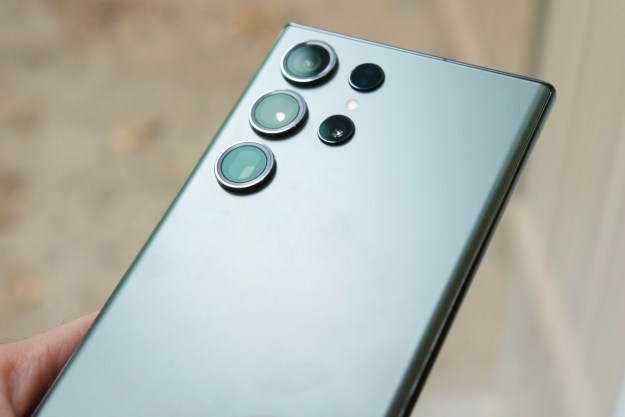 Google’s mobile OS, Android, is continuing to increase its share of the market among smartphone users in the US.
Google’s mobile OS, Android, is continuing to increase its share of the market among smartphone users in the US.
The latest results of a survey released by digital research firm comScore show that for the three-month period ending in September the OS was being used by almost half (44.8 percent) of all Americans that own a smartphone, up from 40.2 percent for the period ending in June.
In contrast, the iPhone’s iOS platform was being used by 27.4 percent of Americans, up a fraction from June’s 26.6 percent figure.
Research In Motion, which has suffered a series of setbacks recently, most notably a three-day outage of its BlackBerry service last month, saw a drop in users from June to September of 4.6 percent (from 23.5 percent to 18.9 percent).
Microsoft also saw a drop in the number using its mobile Windows platform, from 5.8 percent in June to 5.6 percent in September.
Among smartphone manufacturers, Samsung still leads the field in the US, with 25.3 percent of Americans now using a Samsung-made device. This figure is the same as in June. Second behind Samsung is LG, with 20.6 percent of the market (down from June’s 21.3 percent). Only Apple saw an increase in market share, albeit a modest one (up 1.3 percent). The survey found that its iPhone is used by 10.2 percent of Americans, hitting double figures for the first time.
Google will be pleased to see its Android OS continuing to play strongly, while Apple can take some comfort with its iOS platform holding second place and pushing well ahead of RIM’s platform. Samsung should also be happy that it’s continuing to perform well in an increasingly competitive market.
The results of comScore’s next survey, covering the October to December quarter, will be interesting to say the least as it should give a strong indication as to the extent of the damage caused by the three-day BlackBerry outage last month, and also reflect Apple’s release of the iPhone 4S.
The comScore survey involved more than 30,000 mobile subscribers in the US.
Editors' Recommendations
- How to use iMessage on an Android phone or tablet
- 5 phones you should buy instead of the iPhone 15 Pro Max
- How to get new emojis on your iPhone or Android device
- Best Samsung Galaxy S24 deals: Save up to $800 on the phone
- How to use ChatGPT on an iPhone and Android phone


